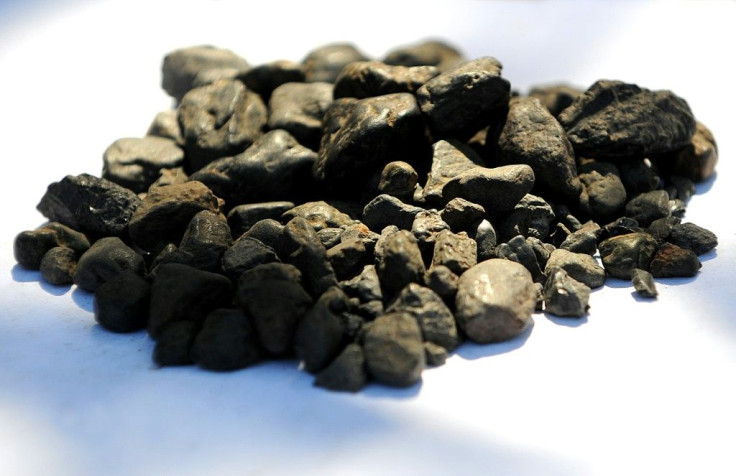Burundi Suspends Rare-earth Mining In Row Over Riches
Burundi's government said it had suspended the operations of several international mining companies, complaining it was not getting its fair share of income from the country's mineral wealth.
One of those targeted runs the Gakara project, one of the world's richest deposits of rare earths, which are key components in many hi-tech products.
In a letter to the companies seen by AFP, Mines Minister Ibrahim Uwizeye said the decision was taken earlier this month because of "numerous failures" regarding the country's mining code.
"The state, which owns the soil and minerals, is not making a profit as it should," the letter said.
Uwizeye described the mining contracts as "unbalanced".
"We want to renegotiate all these agreements for the benefit of the people, because these minerals must be used to finance the development of the country," he told AFP Thursday.
The seven companies involved are of British, Chinese and Russian origin but the main target of Burundi's ire is UK-listed Rainbow Rare Earths.

Rainbow, via a subsidiary that is 10-percent owned by the Burundi government, operates Gakara, the only producing rare-earth mine in Africa.
Others companies whose operations have been suspended are involved in mining gold and coltan, which is used mainly in electronic devices.
Burundi had high hopes from its industrial mining operations, particularly rare earths, but revenue so far has been less than expected.
Uwizeye said Burundi was demanding a more equitable share of revenue from the Gakara project and had ordered Rainbow to halt exports of rare earth concentrates until the situation was resolved.
Rainbow did not immediately respond to a request for comment.
"Burundi expects to earn about $1.5 million from mining in the 2021 fiscal year... this is very little compared to what is exported," said Gabriel Rufyiri, president of Burundi's main anti-corruption watchdog Olucome.
President Evariste Ndayishimiye, who took office in June 2020, has made fighting corruption a top priority in Burundi, which has for years been ranked among the top 10 most corrupt countries, according to Amnesty International.
Rare-earth minerals are crucial to the manufacture of magnets used in industries of the future like wind turbines, robots and electric cars, as well as consumer goods such as smartphones, computer screens and telescopic lenses.
© Copyright AFP 2024. All rights reserved.





















